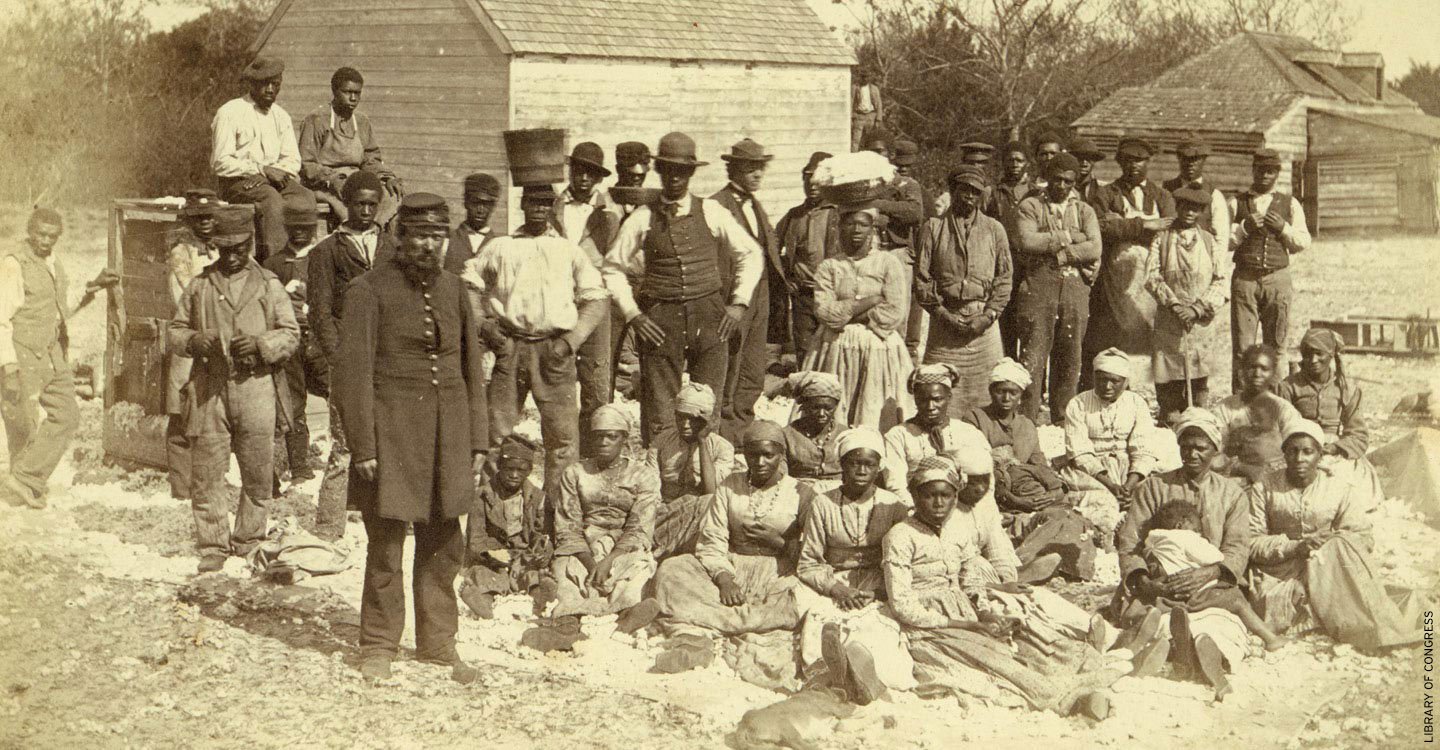Soon after the Civil War officially ended on April 9, 1865, Union Armies marched through the former Confederacy to ensure that millions of people enslaved in the South were free, at least in principle.
Ever since then, the question of whether to compensate those who had been enslaved, or their descendants, has hung over the United States. The federal government originally set aside land to divide among newly freed black people—a promise later known as “40 acres and a mule.” After the assassination of President Abraham Lincoln, however, his successor, President Andrew Johnson, rescinded the order, giving nothing to those who had been enslaved.
The debate over reparations for African Americans has continued over the centuries, but the idea has recently started gaining momentum—though
it’s still highly controversial. A reparations bill that’s been introduced in Congress every year since 1989 finally got a hearing in 2019, and some colleges and institutions that once benefited from slavery have begun to offer financial benefits to descendants of enslaved people.
The federal government has never formally apologized for slavery. In 2008, the House of Representatives passed a resolution that acknowledged the “injustice, cruelty, brutality, and inhumanity of slavery and Jim Crow.” And in 2009, the Senate passed a similar apology. But no single bill has made it through both houses of Congress and to the president’s desk for a signature.
The Civil War officially ended on April 9, 1865. Soon after, Union Armies marched through the former Confederacy. They aimed to ensure that millions of people enslaved in the South were free, at least in principle.
Ever since then, the United States has grappled with whether to pay those who had been enslaved, or their descendants. That question has remained unresolved. The federal government originally set aside land to divide among newly freed black people. That promise later became known as “40 acres and a mule.” But then President Abraham Lincoln was assassinated. His successor, President Andrew Johnson, revoked the order. That meant those who had been enslaved got nothing.
The debate over reparations for African Americans has continued over the centuries. Though it’s still highly controversial, the idea has recently started gaining momentum. A reparations bill has been introduced in Congress every year since 1989. It finally got a hearing in 2019. And some colleges and institutions that once benefited from slavery have begun to offer financial benefits to descendants of enslaved people.
The federal government has never formally apologized for slavery. In 2008, the House of Representatives passed a resolution that acknowledged the “injustice, cruelty, brutality, and inhumanity of slavery and Jim Crow.” And in 2009, the Senate passed a similar apology. But no single bill has made it through both houses of Congress and to the president’s desk for a signature.

